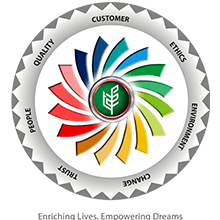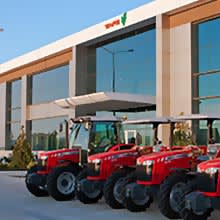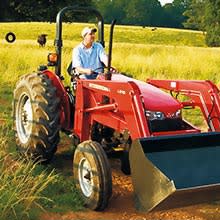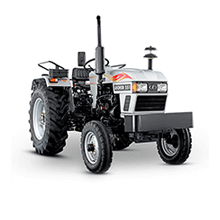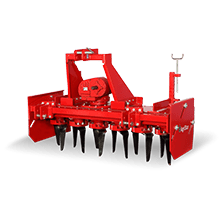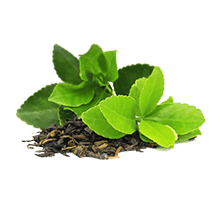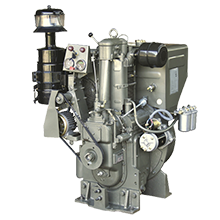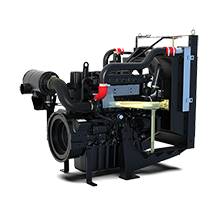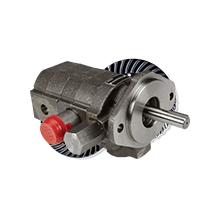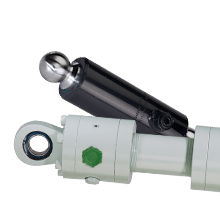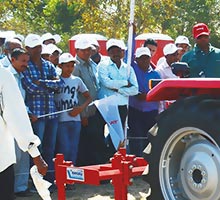Soil testing is a procedure that helps you understand the nutrient content of a field. It is a process that involves chemical analysis samples of soil from a field. The laboratory usually uses 1 pound of soil for this analysis. To get an accurate result, it is advisable to collect samples from different parts of the field. The soil tests provide information necessary to make smart decisions about the fertilizers and other practices to achieve a specific yield goal.

The soil test helps you understand your soil structure in detail and the different types of nutrients your soil is missing. Different nutrient levels are a good indicator of soil health and what more needs to be added to the soil. For instance, the PH level of the soil helps you identify whether your soil needs lime. The Nitrogen, Phosphorus and Potassium levels help you identify whether your crops need fertilizers to meet your yield goal.

As mentioned earlier, providing necessary nutrients to your soil will improve the soil quality which will, eventually, increase the yields and profitability of your farm. This will also help in increasing the consistency of nutrient availability across the field. More uniform crop growth is guaranteed with this procedure which will minimise the process of cultivation and spraying as the plants will start growing stronger against weeds. Once you know what nutrients are missing from the soil test, you will be able to invest in the fertilisers that are necessary for the soil.

On top of that, soil testing greatly helps the environment too. When the plant nutrients are used efficiently, there will be fewer losses from leaching or runoff into waterways. Similarly, when the crops are poorly nourished, the plant residue left to hold soil in place will be less too and it is the plant residue that prevents wind and soil erosion.
Frequent soil testing keeps your farming profitable, efficient and environmentally responsible. JFarm by TAFE, established in 1964, is an adaptive agri-research centre spread over 250 acres of land in Chennai and Bhawani Mandi. JFarm shows how traditional, labour-intensive, low-productivity farming can be transformed into a profitable enterprise with the help of an integrated sustainable farming approach. Integrated farming takes a balanced approach to nutrient management by emphasizing the optimal utilization of resources, recycling of waste for productive purposes, etc. All these elevate the importance of soil testing in this new millennium.
With the help of JFarm, a farmer will be able to find all the necessary details about the soil in their field. Farmers could also determine the nutrient needs for growing crops. Post soil testing, they can work towards improving the quality of soil. A farmer can start working on their farms by determining the nutrient needs for growing crops. If the farmers need help with this, JFarm has always been there for the farmers. JFarm provides farm advisory services through radio, television, news articles, publications, etc. Post soil-testing, JFarm also offers valuable information on cultivation of medicinal and aromatic crops, forest trees, trends in the use of farm implements and equipment, rainfall data etc. JFarm is led by a team of dedicated scientists and agricultural economists.

